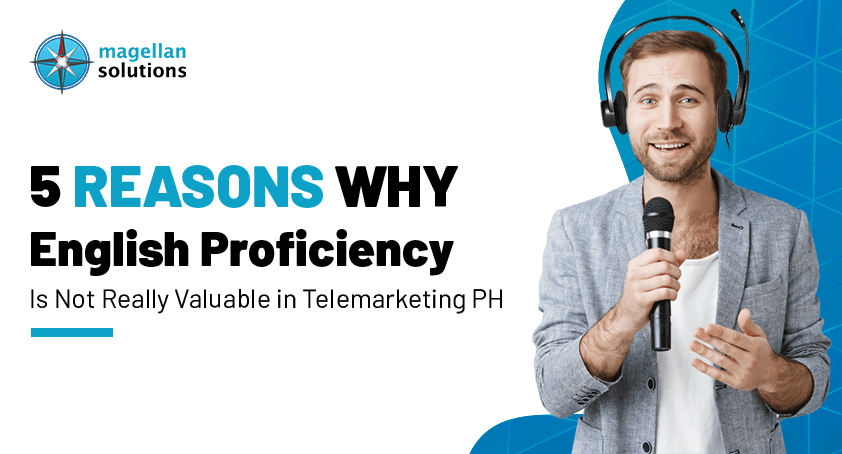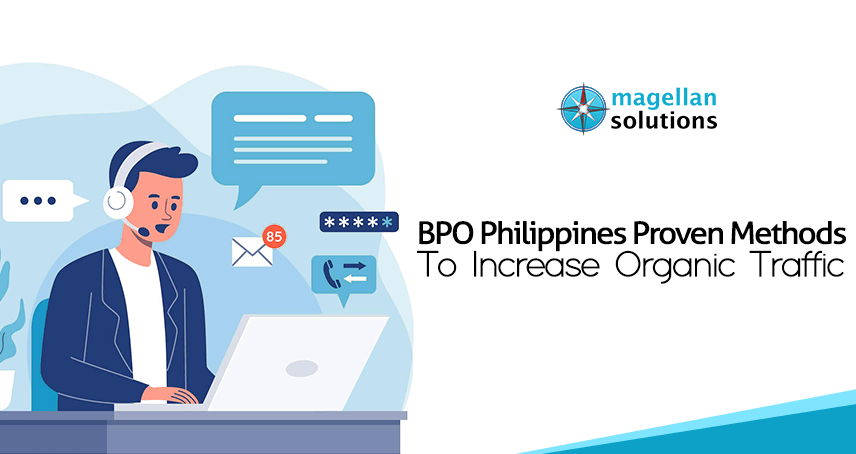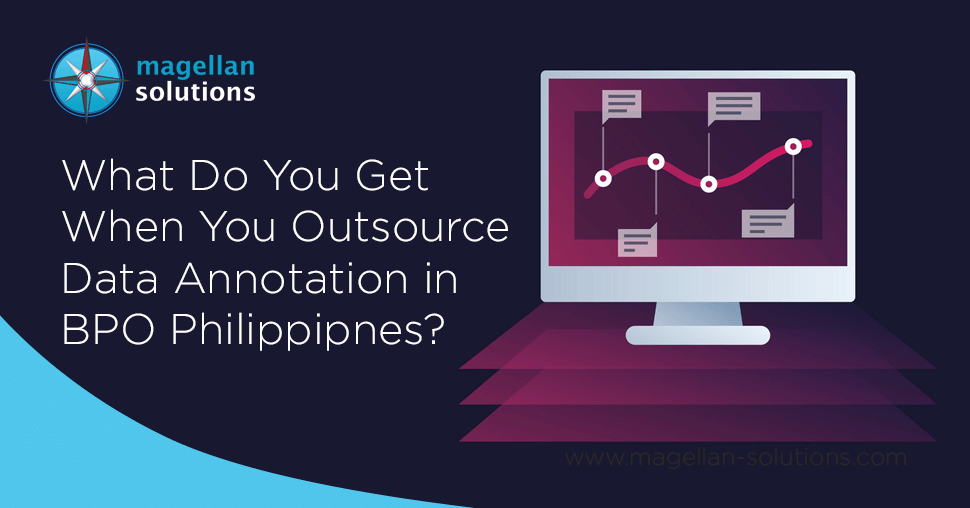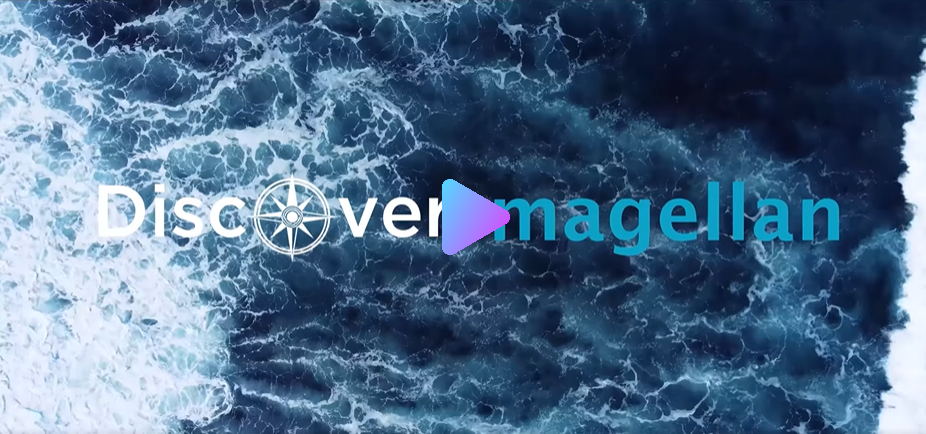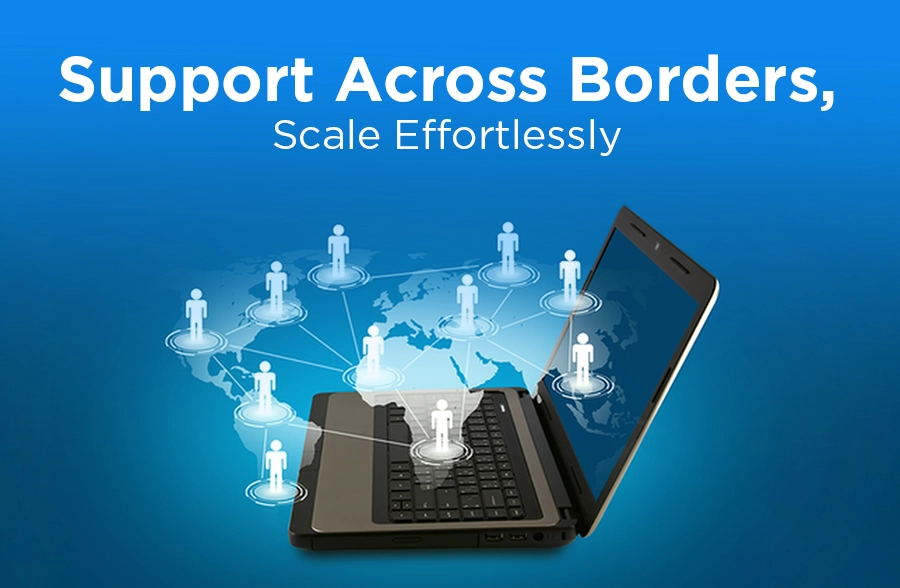Schedule a FREE call with our outsourcing expert now and get a precise quotation that meets your requirements. Don't wait - get started today!
Why does BPO Philippines think that data annotation is important for you
AI and machine learning are some of the fastest-growing technologies that offer incredible innovations that benefit various sectors of the global economy.
However, to create such systems, a lot of training data is required to allow the machines to recognize things we want them to find. Human workers need to annotate this training data to prepare the raw data for machines to consume. This, in essence, is what data annotation is.
As Magellan Solutions shows in this article, data annotation is required for AI projects in any industry and is an essential aspect of any machine learning project.
Data annotation services of the business process outsourcing industry in the Philippines
A model must be trained to understand specific information to make decisions and take action.
Data annotation is the categorization and labeling of data for AI applications. Training data must be properly categorized and annotated for a specific use case.
With high-quality, human-powered data annotation, companies can build and improve AI implementations. The result is an enhanced customer experience solution that includes product recommendations, relevant search engine results, computer vision, speech recognition, chatbots, and more.
There are several primary types of data:
1. Text Annotation
The most commonly used data type is text.
According to the 2020 State of AI and Machine Learning report, 70% of companies rely on text.
a.) Sentiment Annotation
Assesses attitudes, emotions, and opinions, making it important to have the right training data.
To obtain that data, human annotators are often leveraged as they can evaluate sentiment and moderate content on all web platforms. This includes social media and eCommerce sites, with the ability to tag and report on keywords that are profane, sensitive, or neologistic, for example.
b.) Intent Annotation
As people converse more with human-machine interfaces, machines must be able to understand both natural language and user intent.
Multi-intent data collection and categorization can differentiate intent into key categories including request, command, booking, recommendation, and confirmation.
c.) Semantic Annotation
Semantic annotation both improves product listings and ensures customers can find the products they’re looking for. This helps turn browsers into buyers.
By tagging the various components within product titles and search queries, semantic annotation services help train your algorithm to recognize those individual parts and improve overall search relevance.
d.) Named Entity Annotation
Named Entity Recognition (NER) systems require a large amount of manually annotated training data. Organizations like Appen apply named entity annotation capabilities across a wide range of use cases.
This includes helping eCommerce clients identify and tag a range of key descriptors or aiding social media companies in tagging entities such as people, places, companies, organizations, and titles to assist with better-targeted advertising content.
2. Audio Annotation
Audio annotation is the transcription and time-stamping of speech data. This covers the transcription of specific pronunciation and intonation, along with the identification of language, dialect, and speaker demographics.
Every use case is different, and some require a very specific approach: for example, the tagging of aggressive speech indicators and non-speech sounds like glass breaking for use in security and emergency hotline technology applications.
3. Image Annotation
Image annotation is vital for a wide range of applications. It includes computer vision, robotic vision, facial recognition, and solutions that rely on machine learning to interpret images.
To train these solutions, metadata must be assigned to the images in the form of identifiers, captions, or keywords.
From computer vision systems used by self-driving vehicles and machines that pick and sort produce to healthcare applications that auto-identify medical conditions, many use cases require high volumes of annotated images.
Image annotation increases precision and accuracy by effectively training these systems.
4. Video Annotation
Human-annotated data is the key to successful machine learning. Humans are simply better than computers at managing subjectivity, understanding intent, and coping with ambiguity.
For example, when determining whether a search engine result is relevant, input from many people is needed for consensus. When training a computer vision or pattern recognition solution, humans must identify and annotate specific data, such as outlining all the pixels containing trees or traffic signs in an image.
Using this structured data, machines can learn to recognize these relationships in testing and production.
How does Magellan Solutions process the data annotated?
When you are looking at possible data annotation companies to outsource your work to, they must have a rigorous QA process in place.
Here is how we can ensure the accuracy of all the data annotation work performed:
- Initial Assessment – We review the project documentation and interview key people and technical staff to ensure we correctly understand the project requirements.
- Verification and Validation – Throughout the project, we test a representative sample of all the work done so far to ensure that the needed level of accuracy is maintained.
- Quality Review – We methodically examine key project factors to determine the accuracy percentage of all the work that has been completed.
- Repeated Quality Training – If some work is not done correctly, we assign additional training to the data annotator(s) to ensure they understand the requirements.
Industries that turn to companies that outsource to the Philippines
Even though data annotation is very tedious and time-consuming work, it is necessary for the project’s overall success.
The accuracy of the data annotation will play a big role in whether or not the system functions correctly, whether or not any biases exist, whether it can recognize the needed items in its surroundings, and many other important outcomes.
Companies developing AI and machine learning projects understand the importance of data annotation. But they do not have time to do such internal work.
The following are the common industries that outsource their annotation services to BPO companies in the Philippines:
Automotive
One of the most popular applications of AI is in the automotive industry with autonomous vehicles.
You have most likely heard about companies like Tesla, Waymo, and many others developing cars that can drive themselves. To train the machine learning algorithms that power self-driving cars, a lot of video and image annotation is required. This allows the system to recognize things like other cars, street signs, pedestrians, and more. This is usually done via labeling, 2D/3D boxes, semantic segmentation, LiDAR, and other types of annotations.
Healthcare
The healthcare industry is also actively relying on AI, especially given the disruptions caused by the recent pandemic. AI systems can take a lot of work off the shoulders of human doctors, allowing them to devote more time to patients.
Many companies are developing AI products that can analyze medical images, such as X-rays, CT scans, mammograms, and others, and provide a diagnosis.
There is still a big role human doctors need to play in providing quality healthcare since their expertise is required to annotate the medical images that train AI systems. Also, they still need to confirm the diagnosis the machines provided, and they work directly with patients.
Agriculture
The agriculture industry relies on various robotics and drones to grow greater amounts of healthier crops. These include robots that can harvest ripe crops by themselves, fertilize the soil, provide aerial surveillance of the field, analyze crop growth, and perform many other applications.
Although robotics is a separate industry, robots are allowing farmers to save a lot of money by replacing human labor in performing routine tasks.
Such robots use LiDAR technology that produces a 3D Point Cloud, representing how they see the physical world. This 3D Point Cloud needs to be annotated to allow the robot to recognize all of the objects in their surroundings and their proximity to those objects.
Get annotated with Magellan Solutions!
We all know that training data preparation is one of the least enjoyable chores in the machine-learning process.
While having humans in the loop to execute tasks like labeling unstructured data is often an essential step in preparing training data for your model, its tedious and time-consuming nature makes it a task not ideally suited for small teams of highly skilled & well-paid data scientists or engineers. This is why many organizations outsource their data annotation projects to leverage lower-cost labor at scale.
Although working with these external teams comes with its own challenges, organizations can take a few steps to optimize their annotation partnerships.
Here at Magellan Solutions, we work with organizations facing the challenges associated with finding and working with the ideal data labeling teams.
Contact us today and outsource the rest of your data entry services!


